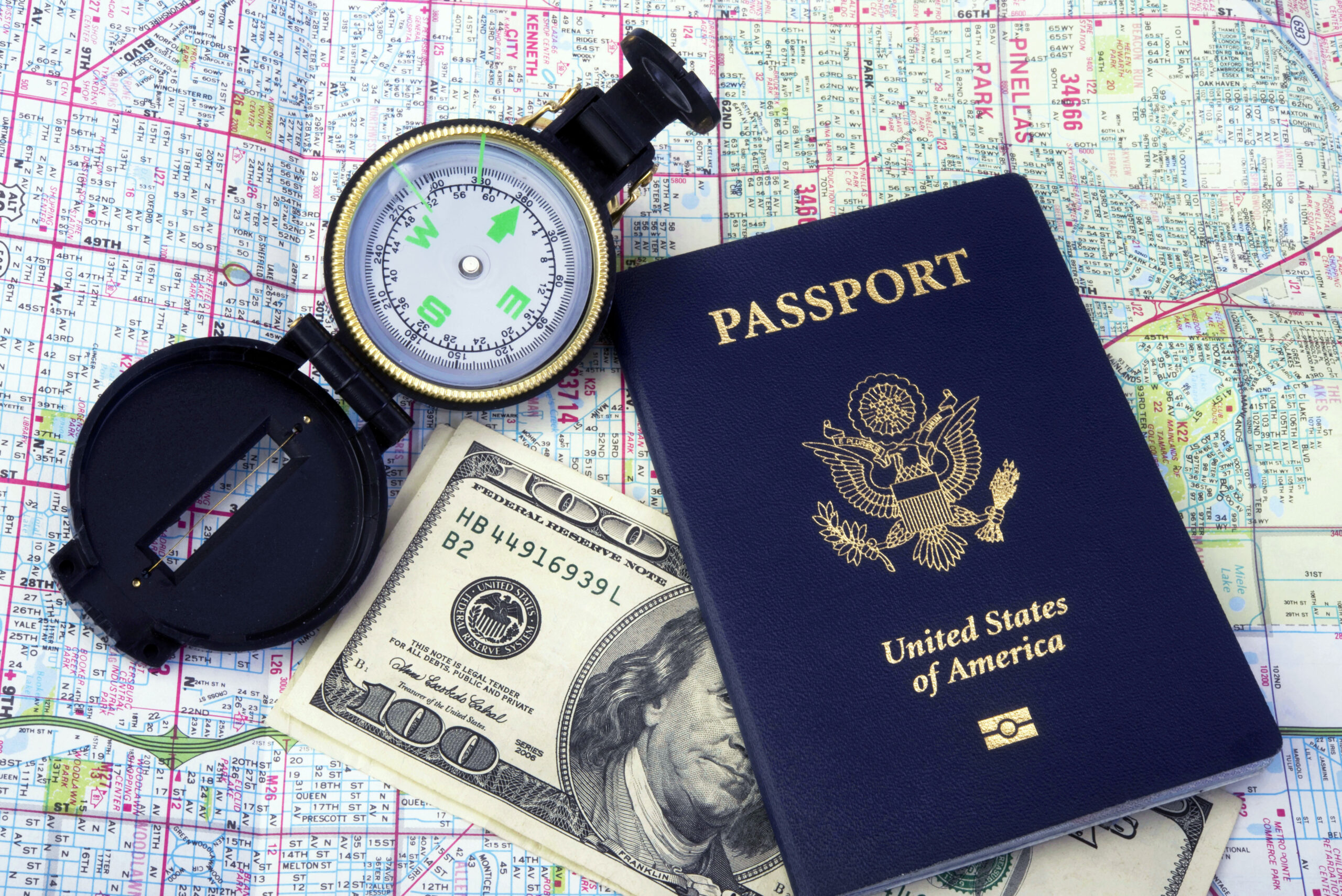Yes. Insurance for a single day is available.
Navigating European Car Rentals: A Comprehensive Guide
PUBLISHED ON Jan, 22 2024

Exploring Europe by car offers a unique freedom, allowing you to travel at your pace, make spontaneous detours, and reach off-the-beaten-path destinations. However, renting a car in Europe can be a bit more complex than in other parts of the world. This guide aims to help you navigate the process, ensuring you get the best deal and avoid potential pitfalls.
Choosing a Rental Company
Major car rental companies in Europe include Avis, Hertz, Budget, Europcar, and Sixt. When choosing a company, don’t just compare initial price quotes. Look at the overall package, including rates, service, and pickup/drop-off locations. Larger companies often have a wider range of pickup and drop-off locations, which can be advantageous.
Consider using a broker like Auto Europe, Rentalcars.com, or Expedia, which compares rates among various companies and passes the savings onto you. However, with a broker as a middleman, it’s crucial to inquire about add-on fees and restrictions ahead of time.
Factors Affecting Rental Price
Several factors can influence the price of your rental. Manual vehicles are more common and cheaper in Europe, but automatics are available, albeit at a higher cost. Picking up and dropping off the car at different locations can also affect the price, as can picking up the car at an airport or train station.
Cross-border fees may apply if you’re planning to drive the car into certain non-EU countries. Additionally, some countries require a vignette, a sticker proving you’ve paid the highway tax, which you’ll need to purchase if you’re driving a rental car into a country that requires it.
International Driving Permit and Green Card
An International Driving Permit (IDP) translates your driver’s license into ten different languages and may be required in countries like Spain, Germany, Italy, Greece, Slovenia, Poland, Hungary, Austria, and Bosnia & Herzegovina.
A Green Card is a cross-border insurance card that proves your car has the minimum level of insurance required. It’s required in a few countries, including Bosnia & Herzegovina, Albania, and Montenegro, and is issued by your rental car company when you make your reservation.
Understanding European Driving
European cars are typically smaller than American models, and manual transmissions are the norm. If you’re not comfortable with a stick shift, you might need to upgrade to a pricier automatic vehicle.
Driving on the left is standard in the UK and Ireland, which can be intimidating for those accustomed to driving on the right. The driver’s seat will also be on the opposite side of the vehicle, requiring you to shift gears with your opposite hand.
Familiarize yourself with European street signs, which can differ significantly from those in other countries. Also, be aware that what Americans call “gas,” Europeans refer to as essence, petrol, or benzine. Prices are listed in liters, making it seem cheaper, but one gallon of gas costs roughly €7 in Europe.
Car Rental Insurance
When renting a car in Europe, one of the critical aspects to consider is insurance. Car rental insurance is designed to cover the vehicle in case of an accident, theft, or damage. It’s essential to understand the different types of insurance available, what they cover, and how they work to ensure you’re adequately protected during your trip.
When deciding on car rental insurance in Europe, consider the following:
- Check your existing coverage: Your existing auto insurance or travel insurance policy may already cover you when renting a car. Additionally, some credit card providers offer rental car insurance as a perk for their cardholders. Check these policies before purchasing additional insurance from the rental company.
- Understand the coverage: Make sure you understand what each type of insurance covers. Ask the rental company to explain any terms or conditions you don’t understand.
- Consider the deductible: The deductible is the amount you’ll have to pay out of pocket before the insurance coverage kicks in. A lower deductible often means a higher insurance cost, and vice versa. Our European Car Rental Excess Insurance coverage is at least 70% cheaper than rental company excess waivers. It covers all drivers between the ages of 21 and 84 years that are listed on the rental agreement. It covers types of damage excluded by rental companies, including single vehicle damage, roof and undercarriage damage, auto glass and widescreen damage, towing expenses, misfuelling, loss of car key and tire damage.
- Beware of exclusions: Many insurance policies have exclusions, which are specific situations where the insurance won’t cover you. For example, some policies won’t cover you if you’re driving in certain countries or if you have an accident while breaking the law (like speeding).
See How Much You Can Save on Your Rental Car Insurance
Get StartedBooking and Returning the Car
Booking your car in advance can secure a better deal, especially for long-term rentals. When booking, also ask about your options in case you want to drop off your car at a different location or on a different date.
When returning the car, be sure to fill it up with the correct type of fuel. Also, keep all your paperwork, including the checklist used by the company to check the car’s condition, for a few months after the rental period in case a billing dispute arises.
Hotel Parking
Check if your hotel offers parking and what type. Options may include private parking on the hotel property, street parking, or a nearby parking garage. If your hotel offers private parking, determine if you need to reserve a space in advance.
Additional Tips for Car Rental
Consider obtaining quotes for weekly rentals. The cost per day generally decreases the longer you rent, and you might discover that a seven-day rental is equivalent to, or even less expensive than, a five or six-day rental.
Ensure you accurately convert currencies when comparing prices. Some rental companies based overseas might use misleading conversion rates, making the price appear cheaper in dollars than what will actually be charged on your credit card. Use a reliable conversion site like Oanda to do the conversions yourself.
If your travel plans are firm, it’s often wiser to pay for the rental car at the time of booking, rather than at the rental counter in Europe. This approach not only increases your chances of getting a discount, but also ensures you pay the exact amount quoted in dollars, avoiding international transaction fees on your credit card. If you’re buying a collision damage waiver from the rental company, it’s likely cheaper when paid upfront. However, be mindful of cancellation fees and don’t prepay if your plans might change. Always understand the company’s cancellation policy.
Conclusion
Renting a car in Europe can be a rewarding experience, offering the freedom to explore at your own pace. By understanding the rental process, from choosing a company to understanding the terms of your rental, you can avoid potential pitfalls and make the most of your European road trip.
Travel Tips and Guides

Navigate the World: How to Get Your AAA's International Driving Permit Effortlessly
Gil Farkash

Top Tips for Stress-Free Renting a Car in USA: Your Ultimate Road Trip Guide
Gil Farkash

Essential Tips for Renting a Car in UK: Your Complete Guide
Gil Farkash
Frequently Asked Questions (FAQ)
No. We provide a single journey plan. You are covered from the time you pick up the rental car up to the time you return it or on the last date written on your Certificate of Insurance, whichever comes first.
No. You should purchase a policy before starting your travel.
Find the answers you’re looking for to the most frequently asked car hire insurance questions as well as other questions relating to our products and services.
